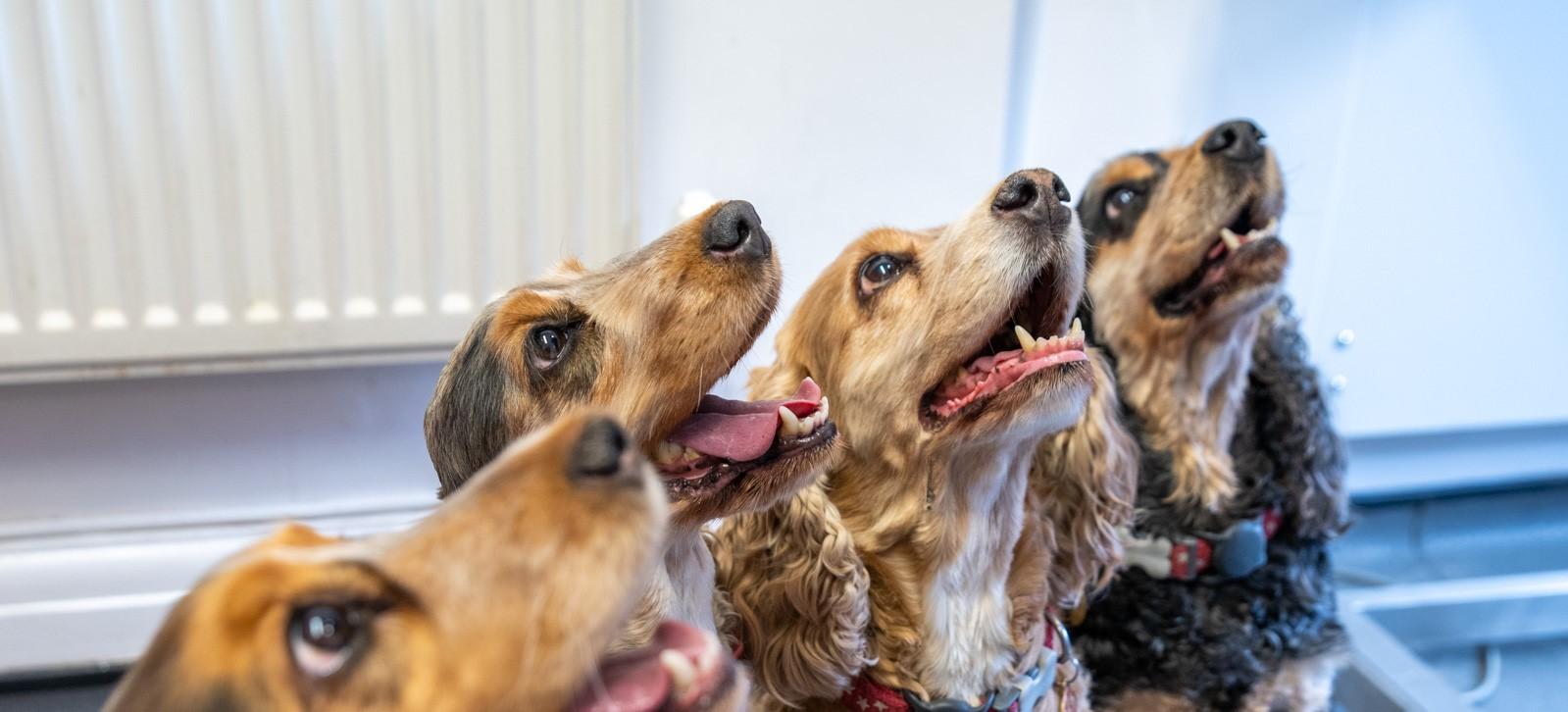People tend to think it’s only older pets that get ill and therefore younger pets don’t need pet insurance but we know from the patients we see each day that that is not the case.
In fact, the younger your pet is when you insure them the better as it means you are less likely to have any existing conditions, which may not be covered by the policy and you can then receive more help covering the cost of any future treatment your pet needs.
It is important to note that not all pet insurance is the same. There are many different types of policy available and the level of cover provided can vary considerably. The four main types of policy are as follows:
- Accident: provides cover for accidents only and no cover for illness
- Time-Limited: provides cover for a set amount of time (usually 12 months) and after this period the condition is excluded
- Maximum Benefit: provides cover up to a maximum amount of money per condition and once this limit is reached the condition is excluded
- Lifetime: provides a set amount of money each year which is refreshed each time you renew your policy allowing you to continue to claim for ongoing conditions
As you can see from the information above, the type of policy you choose can have implications for the veterinary care of your pet and the costs you will face so it’s important to choose the right cover. Sometimes, the cheapest insurance can cost you more in the long run. When shopping around for a policy, we suggest that you ask the following questions to allow you to compare the overall value you are getting, not just the price:
- Does this policy cover congenital, hereditary, hip-related, dental and behavioral conditions?
- Is there a time or monetary limit on how long this policy will cover ongoing conditions for?
- If I claim, will my premium increase?
Unlike other forms of insurance it is not easy to switch pet insurance in the future as any pre-existing conditions your pet has are likely to be excluded so it’s important to do your research and choose the right cover from the start.
Processing Insurance Claims
Indirect claims
Indirect insurance claims are when your insurer reimburses you – which means that you will need to pay us the full amount of the invoice before the claim can be processed.
Here is what we will need from you to process the claim:
- Full payment of your invoice.
- A completed claim form for each condition you wish to claim for, filled out correctly and signed by the policy holder. Your insurer may ask you to complete your claim online, if this is the case, what we need from you may change – and will likely be simpler. The process may differ between insurers, so please do check your policy.
Once you have paid your invoice and handed us your completed and signed claim form, we will:
- Complete the claim form and have it signed by your vet, or another authorised member of the team.
- Forward the form through to your insurer promptly, either by post or email, along with your pet’s clinical history and a copy of any payments you have made.
- Provide any further information requested by the insurer during the processing of the claim.
Direct Claims
Direct insurance claims are when your insurer pays us directly for any treatment covered by your policy and can be done when the treatment amount on a single day is over £400. All direct claims must be authorised by the practice and please remember that you will still need to pay for any treatment not covered by your policy at the time of treatment. For some insurance companies we do not authorise direct claims so please check with a member of the practice team.
Here is what we need from you to process the claim:
- Payment for non-insured work and your policy excess and any co-payment stated by your insurance company.
- A completed claim form for each condition you wish to claim for, filled out correctly and signed by the policy holder.
- A covering letter or certificate of policy, which shows us your policy limit, start date, excess amount, and any other information we need to verify the claim.
Once this has been completed, we will:
- Complete the claim form and have it signed by your vet, or another authorised member of the team.
- Forward the form through to your insurer promptly, either by post or email, along with your pet’s clinical history and a copy of any payments you have made.
- Provide any further information requested by the insurer during the processing of the claim If we have not received payment from the insurer within eight weeks of returning the claim form, we will contact you and request that you chase this up with your provider.
Continuation Claims
Please note that for continuation claims we may require a completed, signed claim form each time that you wish to make a claim. Please check with a member of the team for the specific requirements for your insurer. We aim to process all insurance claims within 7 working days of their receipt.

